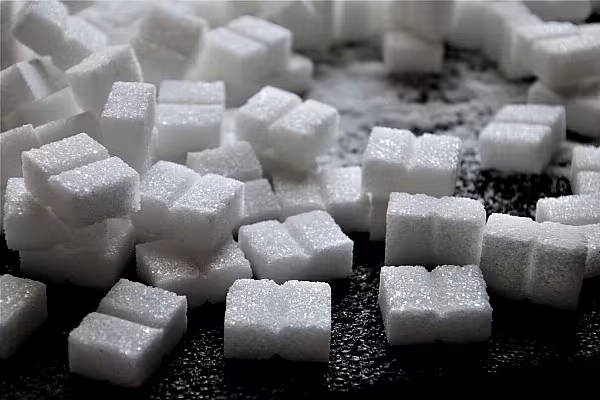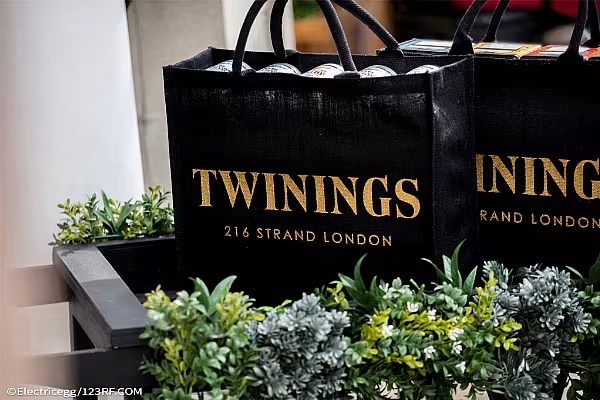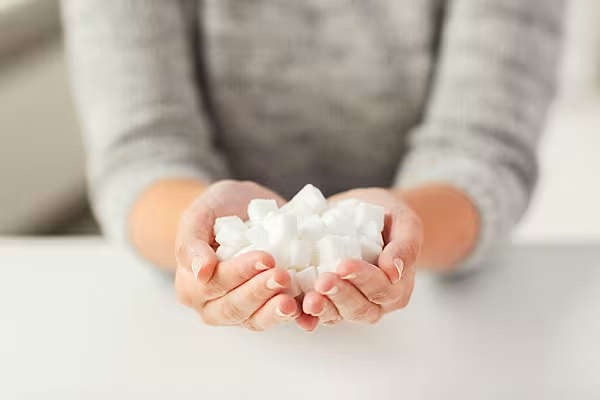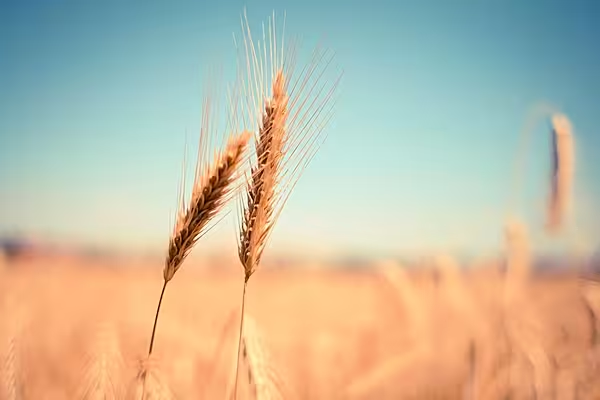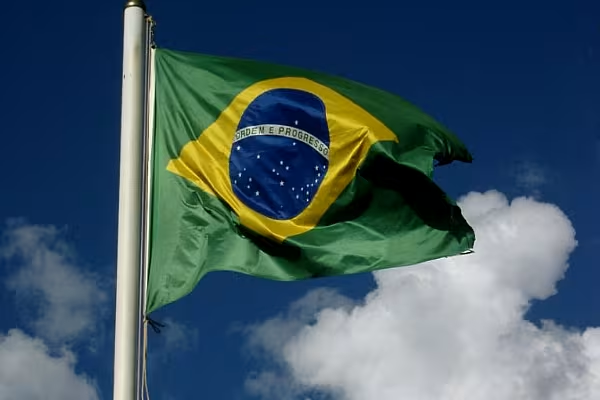Sugar output in Brazil, the world's largest producer and exporter, is set to slump - and could suffer next year as well - after three frost events hit crops in the country's centre-south region in June and July, market analysts have said.
Brazil has been hit with an unusually harsh winter this year with temperatures dropping to freezing levels for several days, hurting crops from corn to coffee and sugar cane. The frost follows one of the country's worst droughts in decades, which also hit the nation's agricultural industry hard.
Broker StoneX cut its projection for Brazil's centre-south (CS) sugar production to 34.6 million tonnes for the current crop, down from a May projection of 35.7 million tonnes, and 10% below last season's record volume of 38.4 million tonnes.
Asian commodities trader Wilmar, one of the world's largest sugar merchants, slashed its estimate for Brazil production on Tuesday, saying it only expects around 28 million tonnes of sugar in 2021/22 due to extensive damage to cane fields.
Prices have soared on the expected crop loss. Sugar futures in New York were near the highest in four years last week.
Lower Agricultural Yields
Karim Salamon, Wilmar Sugar head of analysis, said that the widespread frosts will result in lower agricultural yields leading to a cane crush of around 490-500 million tonnes. Brazil's CS crushed 605 million tonnes last season.
StoneX also expects the total cane crush to fall, but not as much. It sees it at 541 million tonnes, down from its previous view of 568 million tonnes.
The broker said it would not rule out further cuts to its projections, since the full extent of damages to crops from the three waves of frosts that hit Brazil are still being assessed.
StoneX now sees the global 2021/22 sugar supply balance swinging to a deficit of 1 million tonnes, from a surplus of 1.7 million tonnes seen in May.
Wilmar said that Brazil's next sugar season would likely suffer as well.
"Immature cane stalks can be very susceptible to frost damage," Salamon said. "This is in addition to the impact of lower replanting resulting from the recent droughts."
Arabica coffee prices rose 10% at the end of July to their highest in nearly seven years as unusual cold weather threatened coffee crops in the country.
News by Reuters, edited by ESM. For more Supply Chain news, click here. Click subscribe to sign up to ESM: European Supermarket Magazine.

